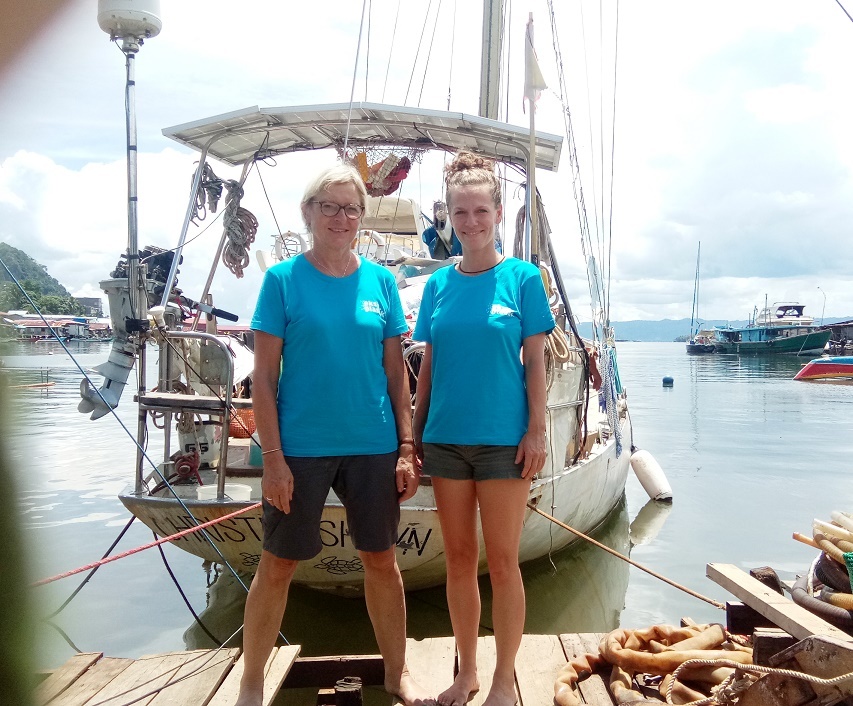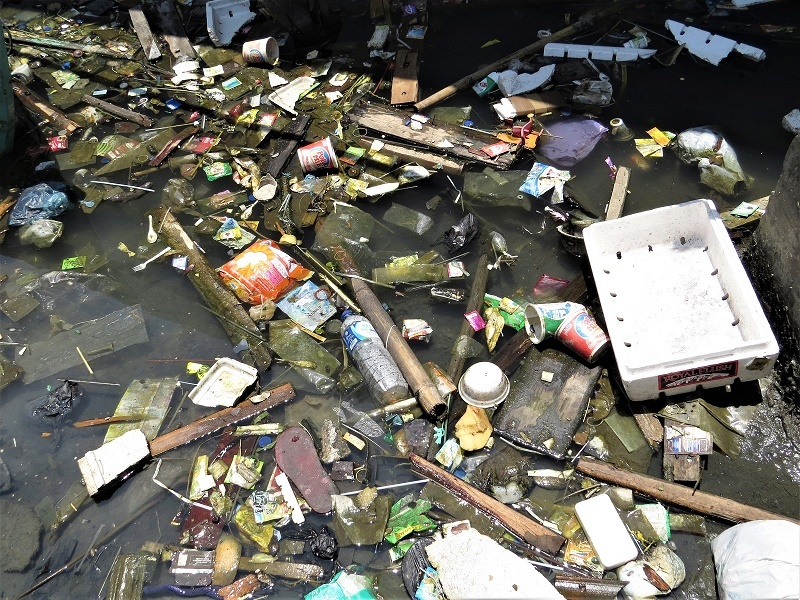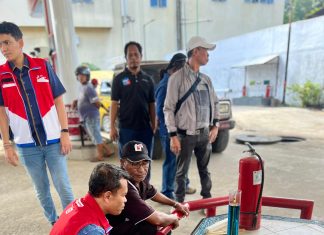JAYAPURA, SUARAPAPUA.com — A total of eight volunteering expedition members from Denmark are conducting a plastic expedition in Papua, West Papua and Cebu, Philippines.
In addition to conducting research and document the impact of plastic pollution in the sea, the expedition in Papua (from October 27 to December 2019), will also visit local residents, organizations working with plastic pollution and local governments that handle garbage.
The Danish “Ekspedition Plastik” is an independent, non-profit NGO that works with volunteers to document and fight plastic pollution.
Lisbeth Engbo, Head of Communication for the plastic expedition met suarapapua.com last week at the port of Jayapura, where she explained that the activities carried out during the expedition was to take seawater samples to study the content of micro plastic, documenting plastic pollution in the sea, rivers and beaches to convey to decision makers, companies and partners to pay attention to plastic pollution.
Baca juga: Delapan Warga Denmark Lakukan Ekspedisi Plastik di Jayapura
And also conduct beach cleanup and other outreach activities with local organizations and attend school children’s education.

“In general what we are doing to document plastic pollution in Pacific and Asian countries is to communicate to Europeans about the activities of local residents and what they think and do about plastic pollution,” Engbo said.
Since the expedition began in 2014 the ships has sailed from the Mediterranean, over the Atlantic, Pacific and further on to Papua, and after West Papua it will continue to the Philippines.
She said the expedition use special equipment for the study and measurement of plastic content in seawater, during the trip they have taken many samples of sea water in the Pacific Ocean, but only two of them did not contain plastic.
Sadly, Engbo said, even on the most remote uninhabited islands in the Pacific Ocean, far from any settlements, there is plastic garbage.
On the way to Sorong in West Papua and further on to the Philippines the expedition will continue to take samples of sea water in order to examine the content of plastic particles, she said.
“The problem is that the fish we eat now a days contain more and more micro plastic, so we automatically get small particles of plastic garbage in our bodies. We still don’t know whether it is dangerous or not because it is still in the research stage,” Engbo said.
As well as fish, she said, also birds, sea turtles, whales and other sea mammals consume so much plastic in our time, that many die because the plastic garbage fill up the stomachs so they can´t eat food anymore.
Maria Fich Dueholm, one of the volunteers on the expedition explained furthermore, that while in Jayapura and West Papua the expedition wanted to cooperate with local institutions, the government and local residents about the importance of not littering plastic waste.
But there are also recommendations given to institutions and governments and factories that produce plastic product about the adverse effects of plastic.
In addition, she said, the expedition is not carried out as if it resemble the views out there of those who are judges, but to communicate with residents about what they can do about the problem, and of course everyone can make a difference and take action on plastic pollution.
“This expedition will also provide information in Denmark about what is happening here in Papua, but also information to large companies that continue to produce plastics that have global impact,” she explained.

Baca juga: YSHUA Dipercaya Pemprov Papua Berantas Keaksaraan Dasar di Puncak Jaya
“We want to raise awareness about not to produce plastic garbage but look for other and more sustainable ways. I am also a teacher and I think it is important to provide awareness and education for children about this matter. I will say this is not only a local problem here in Papua, because the impact of plastic pollution is faced by everyone in the world.”
In addition, she said, the expedition want to talk to the government about ideas of what should be done or what had been done in Papua and West Papua.
“We hope to spread awareness to citizens about not to litter, and it is a positive experience to see that there are already some good local initiatives where residents reuses plastic bottles to make amazingly creative decorations of colorful plastic flowers, and there are also a number of initiative residents around here who collect rubbish,” she said.
Reporter : Elisa Sekenyap



